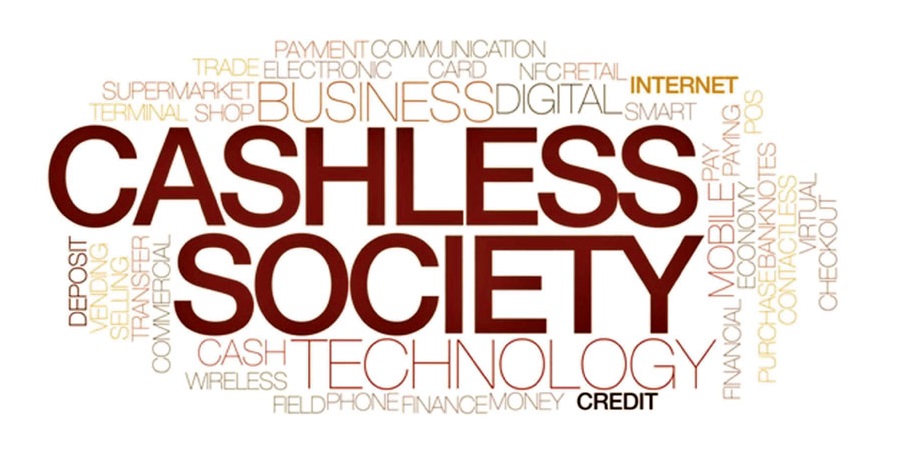
The much discussed ‘cashless society’ is coming closer to reality across the world amid changing consumer attitudes and widespread technological adoption. However, while some markets such as Sweden, the UK, and several countries in Asia-Pacific (APAC) have adopted cashless payments quite swiftly over the last few years, many are still progressing very slowly. Different markets have their own unique circumstances and there is no one-size-fits-all model, says GlobalData, a leading data and analytics company.
According to GlobalData’s report, ‘The Cashless World – Evolving Payment Environments in Key Asia Pacific and Western Markets’, the UK and Sweden are two of the developed economies that have adopted cashless payments most swiftly. Countries that are trying to push for further cashless payment adoption can learn from some of the steps they have taken.

Cashless progression in the UK has been due to the comprehensive rollout of NFC payment acceptance and adoption by consumers – specifically contactless payment cards. Meanwhile, Sweden took a very different approach, taking advantage of its existing digital national identification and bank account system called BankID. With around 80% of the Swedish population signed up to BankID, the Swish mobile wallet was able to piggyback on this system to gain a high level of penetration. The tie-up between the two systems encouraged consumers in Sweden to embrace mobile wallets almost instantly.

Arnie Cho, Senior Payments Analyst at GlobalData, says: “In developed markets, consumers are used to payment cards for cashless payments, and they feel no urgency to switch to mobile wallets. However, in developing markets where consumers can leapfrog directly from cash to mobile wallets, they tend to have faster cashless progression due to the fact that mobile wallets are a big leap ahead and often times resolve issues around financial inclusiveness.”
In markets that are still developing, industry and government efforts are mainly focused on the adoption and acceptance of mobile payments, with consumers shifting directly from cash to mobile wallets. The digitization of banking and payment services in developing nations is being pushed to help include financially underserved individuals in the formal economy. In these countries, QR code-based mobile payments are being adopted. For markets in Southeast Asia, QR-based systems are much cheaper than accepting payment cards (and mobile wallets are generally more widely held than payment cards), which encourages merchants to accept cashless mobile payments. Mobile wallets offer a digital payment method to underserved individuals while also helping progress the journey towards a cashless payment environment.
Cho adds: “Over the next few years, the push for cashless adoption and acceptance will continue in many parts of the world. The payment environment is developing at different rates in each country. Each market will progress at its own pace and adopt a path that is most suitable to its unique circumstances. However, in terms of achieving a true cashless society, there is still a long way to go even for countries such as Sweden, as certain segments of society are still dependent on cash.”
Banking 4.0 – „how was the experience for you”
„To be honest I think that Sinaia, your conference, is much better then Davos.”
Many more interesting quotes in the video below: